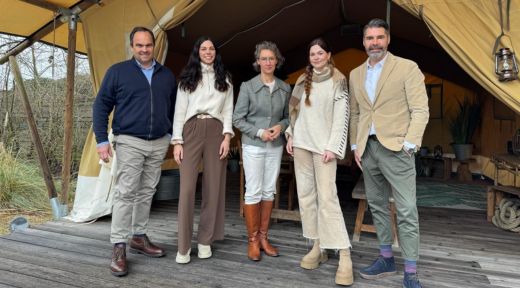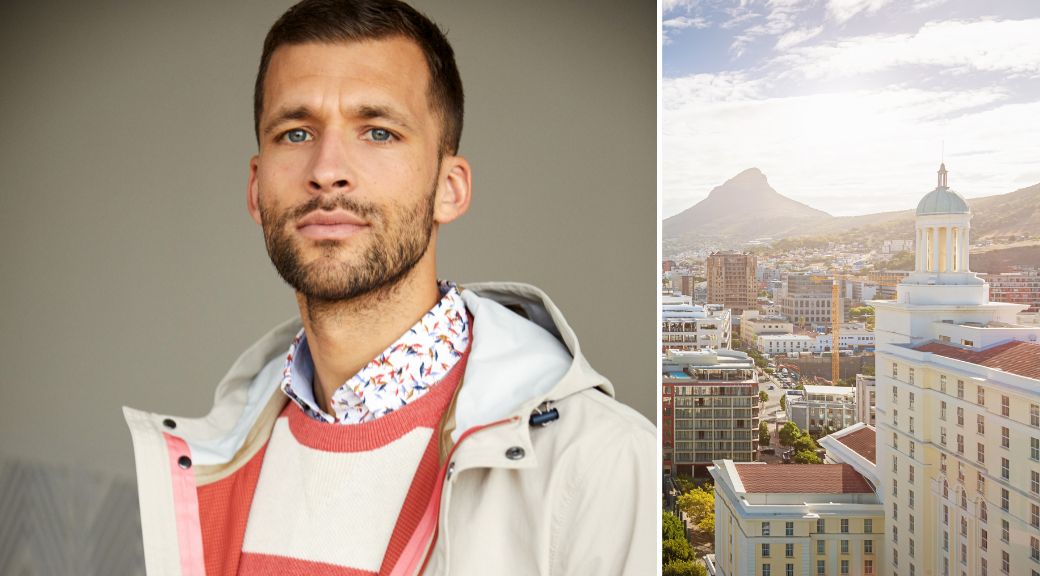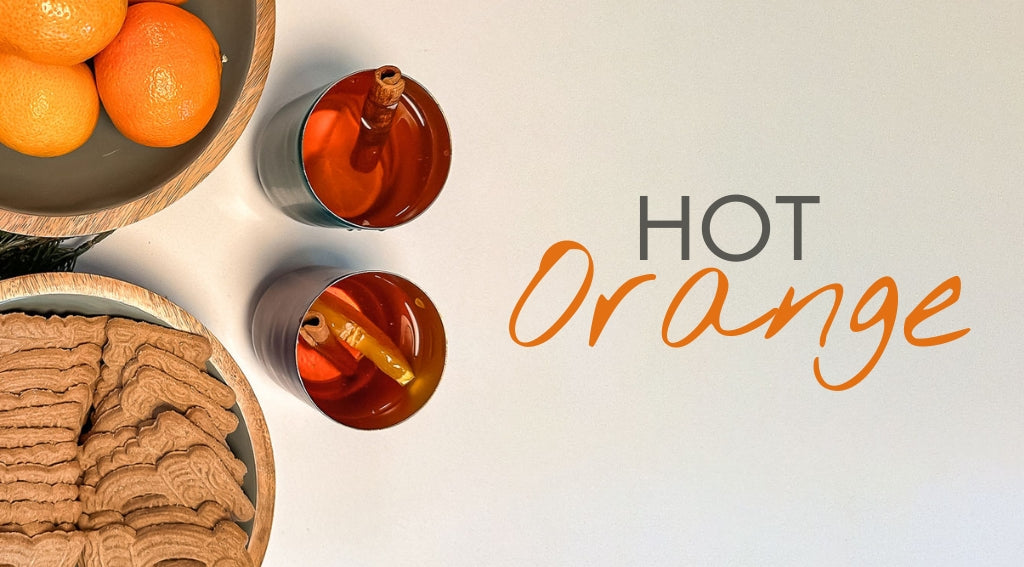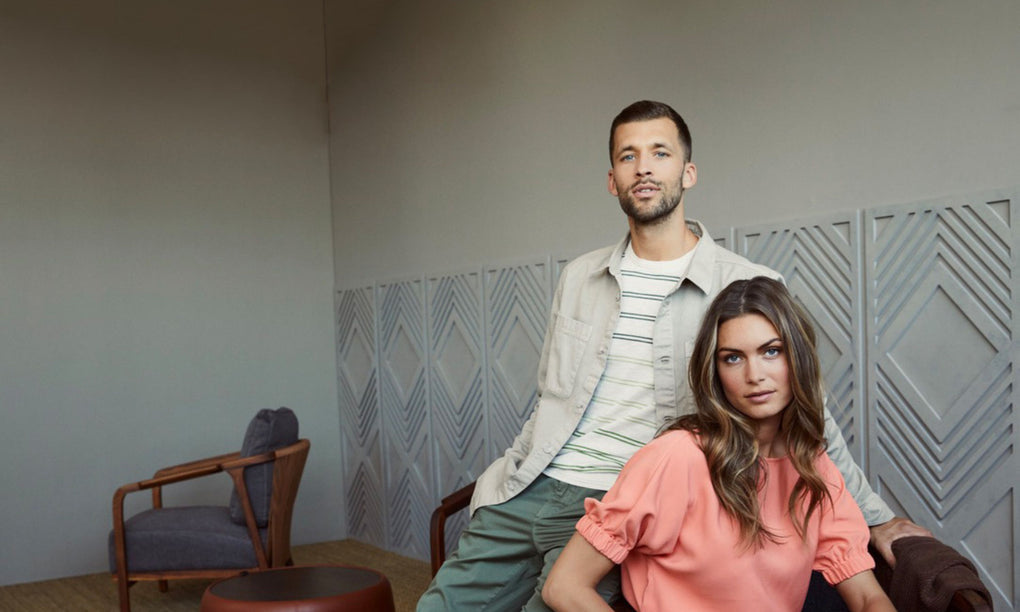Sustainability week
"From the 1st of August we will not live sustainably!"This resulted in a burdening of the "Global Footprint Network". This day, the so-called "Earth Overshoot Day" describes the day of the current year, where demand for natural resources exceeds the offer and capacity of the earth to reproduce resources. In 1990, this day was still on December 7th.
Consumption so far as we can live sustainable, only one of the goals that the UN wants to implement until 2030.
On September 25, 2015 at the World Summit for Sustainable Development, the 17 "Objectives for Sustainable Development" Adopted.
But not only the UN but also we, Fynch-Hatton, see the problems and have set it ourselves to ourselves to be as sustainable as possible. Starting with the question of whether we really have to express this document to the promotion of sustainable projects.
We have a big step in the right direction since 2015 with our world hunger help partnership.

Money for honey
Ann Lengeny is a Maasai woman in Nentaraja, Kenya. She was married to an older man at the age of 14, which died in a high age. She stayed back and had to take care of the five children alone at a time, in the water and food for the poor rural population, alone. In the first years, she was able to hold water with the help of the survivors' cows, sheep and goats. But by the drought periods that the village met twice in six years, the animals died. Despair she began to produce charcoal to feed her kids. However, the County government makes her a dash through the bill as she banged the chillery due to environmental protection.
In Nentaraja there are many women like Ann. Thanks to world hunger help, it can now keep bees and buy from the money they get for the honey, and pay the school fees for their children. In the village, 14 women were able to generate their own income with 420 members with the help of honey production.
Successfully, a local honey cooperative was logged in, which was still missing the women was a honey processor. For to be able to offer their honey in local supermarkets, the Kenyan Eichtamt provides such a processor. This offers women the opportunity to filter, process and label larger quantities of honey. Before that everything was done in hand. In addition to the processor, the women of course needed a training on documentation, processing, labeling and also error analysis with possible solutions. This project was successfully completed this year.

Water from the rock
At the same time, also in Nentaraja, we have accepted another project:
The construction of an additional water reservoir.
Jacklene Melau had to get up every morning, like many women of the village, at five o'clock in the morning to get water for themselves and their three children on five kilometers away. The risk was not small to be attacked on the way from wild animals. She took this path daily twice and that claimed all day. But the water she brought home was often full of germs and shouted through diarrhea and infectious diseases in the children. But all this has changed:
Because in the middle of the village is a bald rock with an area of 1,518 m2. Even if the villagers of this rock have a great view of this rock, he takes you valuable country for livestock. What they did not know was what potential of these rocks had to change their lives forever. Because the rock can collect at least 683 m3 of water per year. For this purpose, the rock was taken from a wall and as soon as it rains the water runs down the stone and collects in the surround. Through a gravel filter and tubes, the water runs into the storage tanks, from where it is forwarded to a water kiosk.
This so-called water kiosk is a simple hut, which can be opened from taps on the outside. Only members of the water committees chosen by the village can enter this hut. Jacklene Melau belongs to this water committee. The inhabitants can buy 20 liters of water for three cents there.
Since this part of Kenya counts every drop of water, we have committed ourselves to finance the construction and acquisition of another water reservoir. Overall, there are now 1,575,000 m3 of water in seven water storage systems can now be stored there. Thus, the village is supplied for more than ten months.
More information about this project is here can be found here.
But even with smaller actions such as the motto: "Think Before You Print" or the purchase of the water "Viva Con Agua" we contribute our contribution to a more sustainable world every day.
Viva Con Agua de Sankt Pauli E.V. is a non-profit association that commits that all people worldwide have access to clean drinking water. With the purchase of each bottle of water from Viva Con Agua we support this project.
Of course, we also try to consider the sustainability aspect in product development. We are very pleased that from 2019 we will be a capsule collection in cooperation for the first time Remei Biore® be offered. The parts of this capsule collection take into account the topic of sustainability via the complete process chain - and the transparent and comprehensible for each end user. Each of these products can be traced back to 100%. On the basis of a sewn QR code, it is possible to check the production steps themselves. For this purpose, the code is simply scanned with the mobile phone and the consumer finds all information about the entire value added of the specific garment - from the origin of the raw material in cotton cultivation over the spinning process to sewing. We look forward to cooperation with BIORE® - a label that keeps what it promises!







